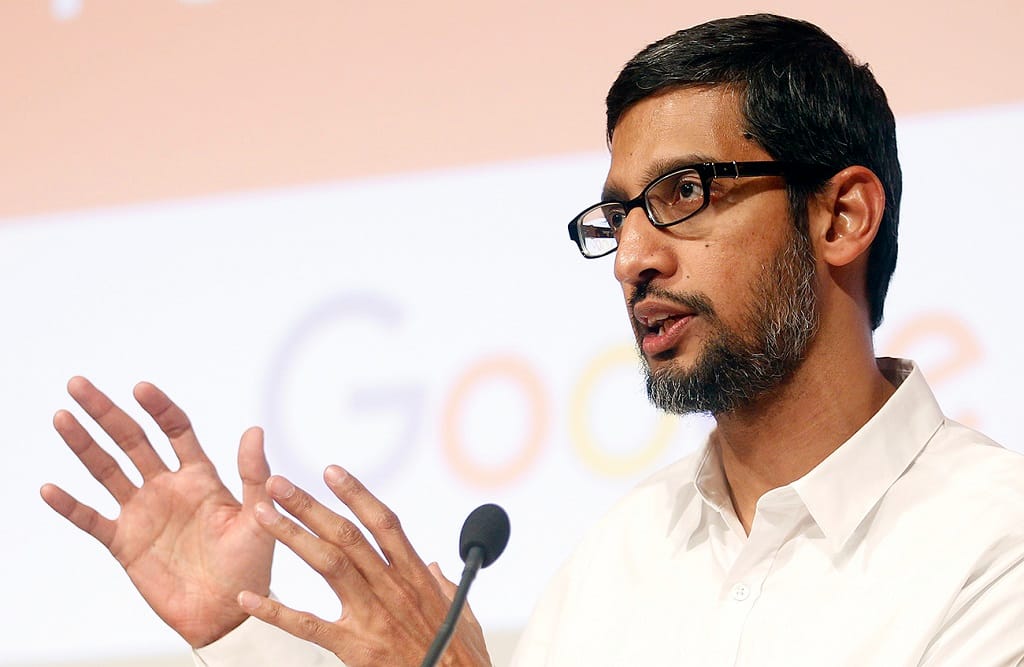FCC Eyes Cuban Radio Interference, Euro Court on Google Antitrust, Blog Says Passive Infrastructure Needed
FCC investigating radio interference on island, Euro court to decide on Google in November, FSF says passive infrastructure access needed.

July 21, 2021 – The Federal Communications Commission is investigating the Cuban government over allegations radio frequencies are being jammed to prevent radio operators from communicating in the country over the antigovernmental protests that have happened last week.
“Too many people around the world are fighting uphill battles to be able to use technology to expand economic opportunity, express themselves, and organize without fear of reprisal,” an FCC spokesperson told tech publication Motherboard.
Previously, the Cuban Government has controlled all communications across the island with little internet connectivity.
European court to rule on Google antitrust case in November
The European General Court in Luxemburg is set to rule on Google’s challenge to the $2.8 billion antitrust fine levied by the European Union on November 10.
The European Commission has previously issued a fine against the search engine in 2017 over allegations that it favors its price comparison shopping service while smaller European rivals face an unfair advantage.
Google denied these allegations at a Luxembourg Court hearing last year, saying that it created innovative products rather than helping its rivals.
In the past ten years, Google has been fined up to $9.7 billion in EU antitrust penalties related to the current pricing shop comparison and two other cases.
FSF post says lawmakers should move quickly on passive infrastructure access
With China’s goal of achieving high technology dominance, the Free State Foundation wrote in a blog post on Tuesday that lawmakers need to move quickly on access to passive infrastructure through the American Broadband Act.
The bill would give the Biden Administration the power to establish a broadband expansion program and streamline the permitting process for fixed and mobile services.
In other words, the bill would give service providers quicker and more streamlined access to municipal rights-of-way and towers, which have been hotly contested in some cities due partly to jurisdictional issues.
With these measures in place, Republican lawmakers believe that this would facilitate the construction of next generation 5G broadband networks that will spur investment and create more jobs.
The proposed legislation has long been advocated by Republican members of the House Energy and Commerce Committee.








